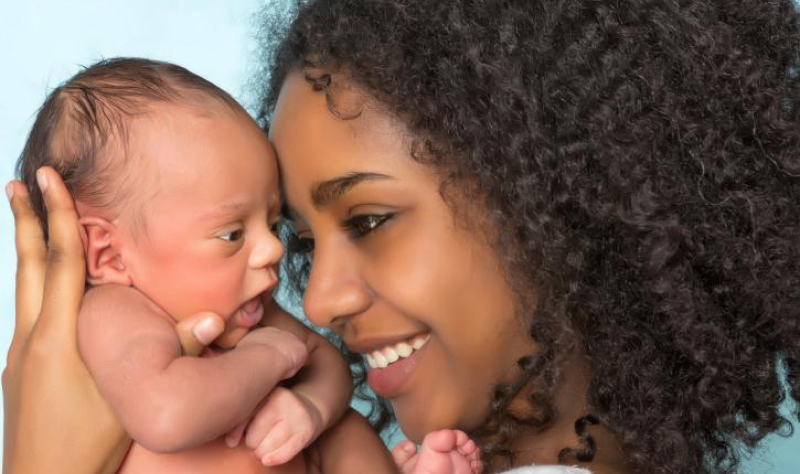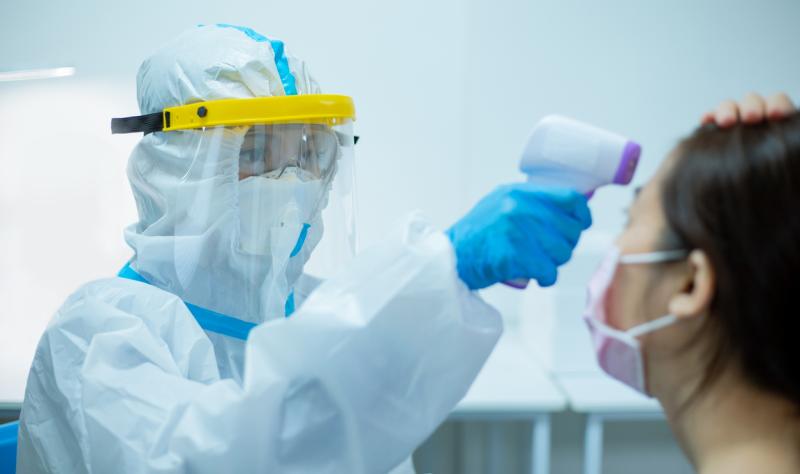Derek Schmidt says no COVID-19 vaccine mandate for Kansas kids: ‘Not on my watch’


TOPEKA — Republican gubernatorial candidate Derek Schmidt pledged Saturday to block any requirement that Kansas children be immunized from COVID-19 before attending school.
The pledge is a response to Thursday’s widely misunderstood vote by a Centers for Disease Control and Prevention advisory committee, which endorsed COVID-19 vaccines for kids and adults.
“The choice to give a child the COVID vaccine should be made by that child’s parents and the parents alone,” Schmidt said. “No Kansas student will ever be forced to receive a COVID vaccine in order to attend school — not on my watch.”
Schmidt previously made a similar statement on Twitter in response to Fox News personality Tucker Carlson’s false claim that the CDC was about to make the vaccine mandatory for school kids.
Vaccine requirements are controlled at the state level, although medical experts may look to the CDC for advice. In Kansas, the state health secretary has the authority to add requirements to the immunization schedule for children attending school. Requirements in Kansas already include vaccines for polio; hepatitis A and B; measles, mumps and rubella; chickenpox; and meningitis.
It wasn’t clear how Schmidt, if elected in November, would exercise his authority as governor to ensure the COVID-19 vaccine is never added to the list of requirements. It also isn’t clear why he thinks the COVID-19 vaccine should be treated differently than others.
COVID-19 vaccines are safe and effective at lowering the risk for serious illness or death. But Schmidt and other Republicans have seized political gains by opposing government mandates, even when it means cheering on misinformed anti-vaxxers.
Schmidt authored legislation passed during a special legislative session last year — and immediately signed by Democratic Gov. Laura Kelly — that allowed Kansas workers to opt out of federal vaccine requirements for religious or philosophical reasons.
On Saturday, Schmidt reiterated his support for Senate Bill 34, which targeted mask mandates, quarantine orders and vaccine requirements. The bill morphed during the closing hours of the regular session into a package of policies that received limited or no public hearings. Kelly vetoed the bill after it passed the House 64-53 and Senate 23-17.
Kelly and Schmidt are locked in a close race for governor with less than three weeks remaining before the Nov. 8 election. More than 118,000 advanced ballots have already been mailed.
Connie Satzler, senior operations manager for Immunize Kansas Coalition, said the group is not asking for changes to vaccine requirements for school entry in Kansas.
Satzler emphasized the recommendation by the CDC’s Advisory Committee on Immunization Practices is not a requirement to be vaccinated. She said the CDC also recommends that children receive an annual flu shot, but no state requires one for school entry.
“COVID-19 vaccines are safe and effective, and getting vaccinated is safer than getting sick with COVID-19,” Satzler said. “Because IKC’s mission is to protect Kansans from vaccine-preventable diseases, we are committed to raising awareness and educating Kansans about vaccines, including the COVID-19 vaccine.”
Kansas Department for Health and Environment data shows that 9,601 have died from COVID-19 since the pandemic began about two and a half years ago. That includes 11 new deaths recorded in the past week.
In Kansas, according to CDC data, more than 2.1 million people have received at least one dose of a COVID-19 vaccine, including 87% of people older than 18. Nationwide, more than 265 million Americans have received at least one dose.
The U.S. Food and Drug Administration has granted full approval of COVID-19 vaccines for adults. The agency also granted emergency use authorization for Moderna and Pfizer vaccines in children as young as 6 months old.



